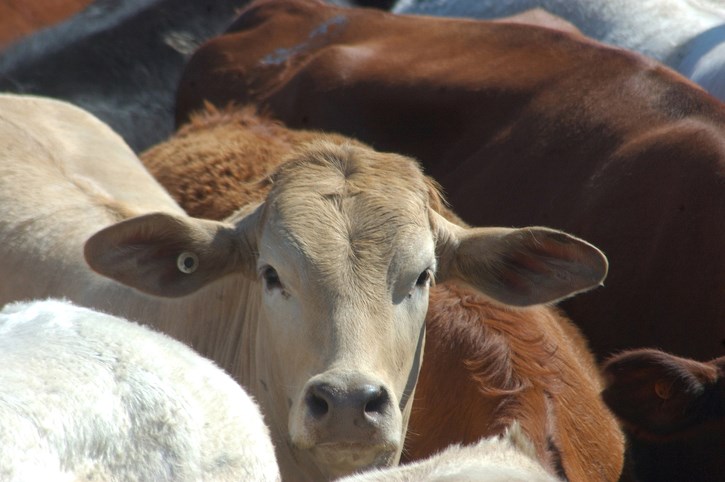The COVID-19 pandemic has caused concerns in the meat processing industry.
Outbreaks of the coronavirus have force temporary closures of meat processing plants in Canada and the United States.
The JBS pork processing plant in Minnesota, killing 20,000 hogs daily, shut down when 20 workers tested positive for the disease.
The Smithfield Foods pork plant in South Dakota, representing about five per cent of U.S. pork processing capacity, closed when 700 cases of infection were traced back to the plant.
National Beef Processors of Iowa shut the plant over Covid-19 cases and Cargill closed a beef and pork processing plant in Pennsylvania for the same reason.
In Canada, Harmony Beef of Calgary closed temporarily when a worker tested positive.
Cargill’s High River, Alberta plant, processing 30 per cent of Canadian beef, cut back to one shift as a precaution then closed when workers tested positive. A one-week closure would leave 31,000 head of cattle stranded with no market.
The JBS Canada plant in Brooks, Alberta, has cancelled one shift because workers are not showing up. Nearly 70 JBS workers have been confirmed with COVID-19 infection.
Making the closures sinister is the small number of large plants that process beef and pork.
Between them. JBS and Cargill process 70 per cent of Canada's meat. Most of that meat is exported.
Quebec-based Olymel Pork closed temporarily over the infections.
Meanwhile, the Saskatchewan Agriculture beef price report indicates the COVID-19 infections have contributed to price volatility.
The Canadian Cattlemen's Association says feed cattle prices dropped 20 cents a pound year over year. According to some reports, feedlots are losing $600 a head.
Ron Walter can be reached at [email protected]




